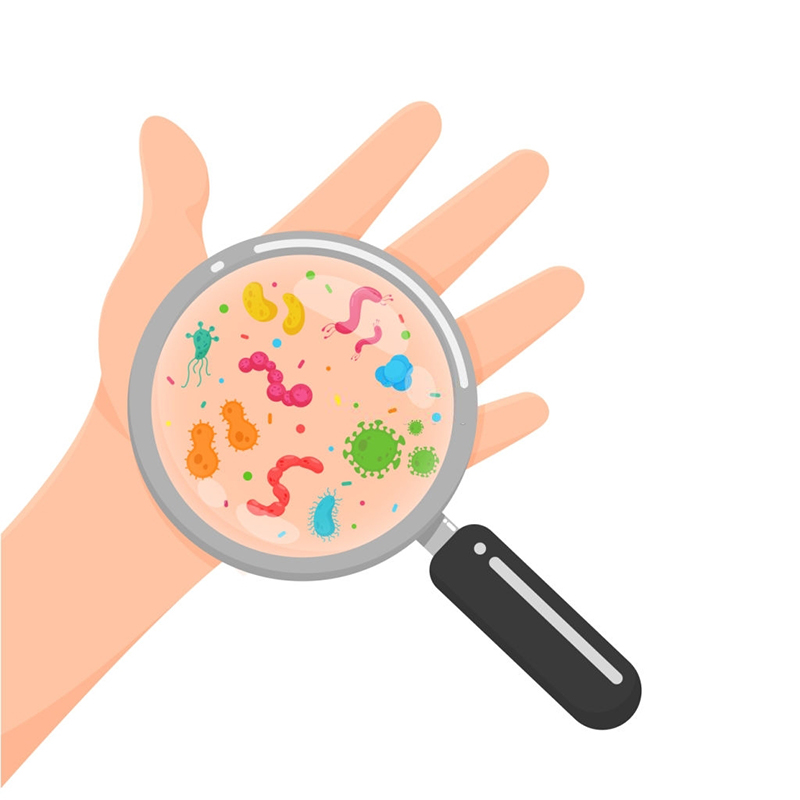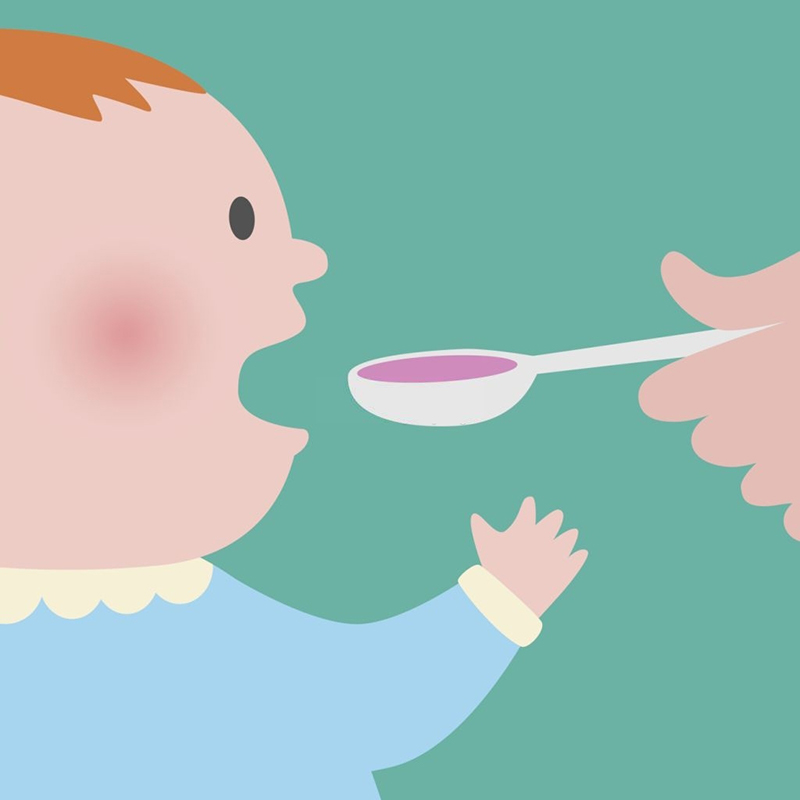If you spend any time chatting to new moms, the topic of probiotics will definitely come up.
From constipation to colic, these microscopic microorganisms are acclaimed as digestive superheroes! Probiotics have evolved from an alternative health notion to a lifestyle buzzword to mainstream wellness advice in recent years. probioticseverything.comprobiotic baby
Natural Bacterial Exposure for Children
The gut microbiota is a delicate internal ecology, and it is widely known that laying the foundation for a healthy gut begins at birth. probioticseverything.comprobiotic baby
The microbiome of a child gets populated in three ways during and immediately after birth:
- During the delivery process. When a baby is born vaginally, he or she is exposed to a large amount of helpful bacteria in the mother’s vaginal canal, which aids the infant in forming gut bacteria colonies. probioticseverything.comprobiotic baby
- Through direct skin-to-skin contact. Skin-to-skin contact is critical for all newborns, but it appears to be more necessary for babies born via cesarean section, as they are not exposed to the mother’s beneficial bacteria during delivery. probioticseverything.comprobiotic baby
- Breast milk or a well-structured formula are the best options. Lactobacillus and Bifidobacterium infantis, which are also contained in our HiPP formulations, are abundant in human breast milk. It’s critical to conduct thorough study into your formula alternatives to see which ones contain these probiotic strains. Lactobacillus’ main function is to convert sugars (lactose) into lactic acid, which then aids in the regulation of unwanted bacteria in the gut. Bifidobacterium infantis is in charge of immune system support in general.
Why Would an Infant Require More Probiotics?
An infant’s digestive system is sensitive, and some events, such as the use of antibiotics during birth, might wipe out the beneficial bacteria in the gut. An imbalance of healthy and bad bacteria can result in a number of unpleasant symptoms for both parents and babies:
-Constipation and diarrhea are two common bowel problems.
-Allergies and asthma
-Colic in children
-Eczema and acne
-Infections of the upper respiratory tract
Probiotics work by engaging the immune system to help the body heal and/or avoid these illnesses. probioticseverything.comprobiotic baby
Is it Safe to Give Probiotics to Infants?
Although there have been few research particularly on the safety of probiotics, they have a long history of being consumed safely by humans and animals. probioticseverything.comprobiotic baby
They are, after all, a natural component of our nutrition!
Dairy products with live cultures, such as yogurt and kefir, fermented vegetables, such as sauerkraut and pickles, and probiotic drinks, such as kombucha, are all natural sources of probiotics. probioticseverything.comprobiotic baby
Buying probiotics in supplementary form, which is commonly packaged as a powder, capsule, or drops, is the most significant safety factor. Consumers should buy a reputable brand that supplies the specific bacteria strain they’re seeking for. It’s also vital to pay heed to any storage recommendations when ordering supplements, as some must be kept cold.
Probiotics for babies
Are you certain that giving your baby additional probiotics is a good idea? If that’s the case, there are four basic ways to go about it:
- Use a probiotic-enriched formula if you’re formula-feeding. Probiotics are present in all HiPP formulae (excluding HiPP UK). HiPP uses a strain of bacteria called Lactobacillus fermentum, which is present naturally in the mouth, gut, and vaginal canal of humans. probioticseverything.comprobiotic baby
- Offer probiotic-rich diets to children aged 6 months and up. Fermented foods are especially beneficial to infants and toddlers. Pasteurized yogurt, kefir, and any food product labeled as safe for babies and toddlers that contains probiotics are all safe options. After checking with their pediatrician, some families give their older children raw sauerkraut or kimchi.

- Get your hands dirty! One of the best sources of beneficial gut flora is dirt. Allowing your child to play in the soil is an excellent approach to improve his or her exposure. Bacillus, a type of probiotic found in soil, is difficult to come by in food. probioticseverything.com
- Give a probiotic supplement to your baby. Many mothers prefer to supplement their baby’s milk with a probiotic. The majority of supplements have no flavor and easily mix into formula or pumped breast milk. Remember to add the probiotic supplement after you’ve finished making the formula or milk, as the heat will kill the healthy bacteria if you add it before it’s warmed up.

